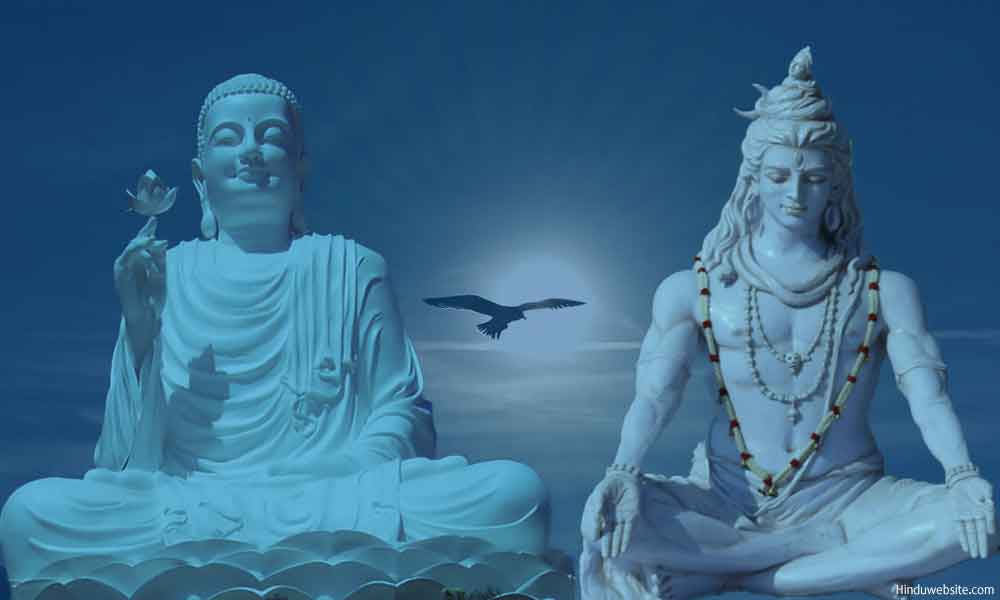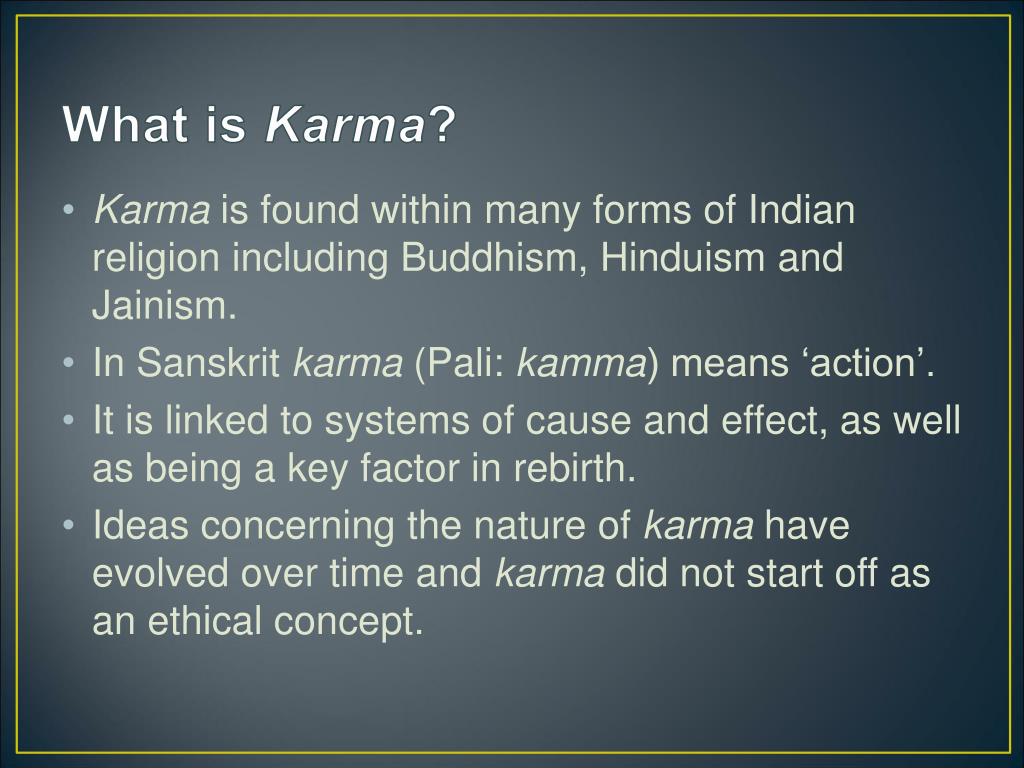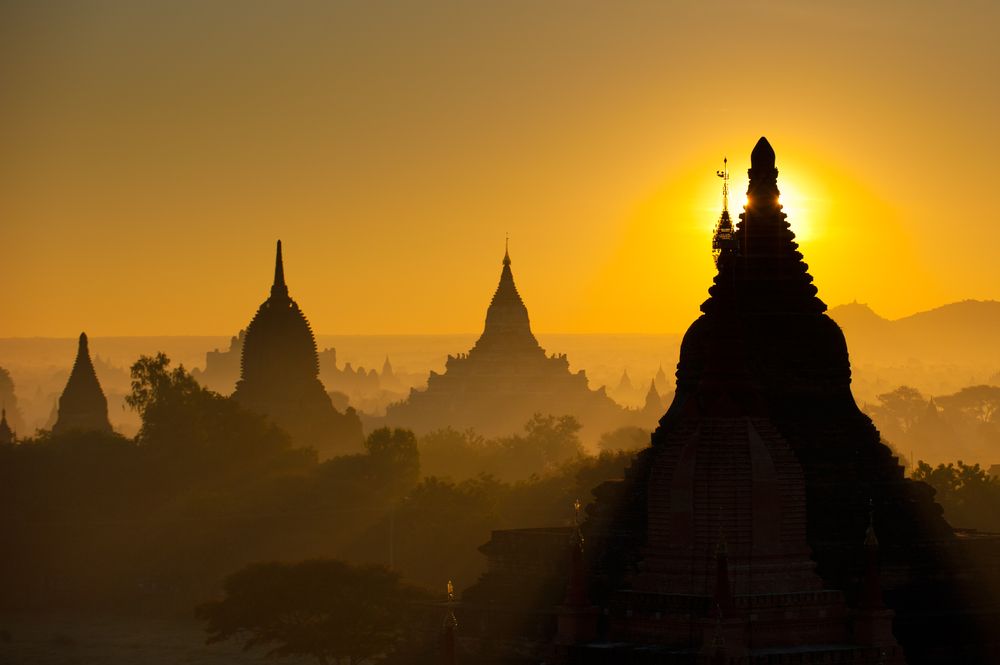What Does Karma Mean In Hinduism And Buddhism

Kama is one of the four goals of human life in hindu traditions.
What does karma mean in hinduism and buddhism. In hinduism karma is the force of retributive justice that compels believers to behave righteously according to dharma the moral order of the universe. Karma a sanskrit word that roughly translates to action is a core concept in some eastern religions including hinduism and buddhism. Though its specifics are different depending on the. In buddhism karma has a more specific meaning which is volitional or willful action.
Stated simply the law of karma decrees that every deed we perform knowingly will eventually produce similar results. The law of karma is therefore a law of cause and effect as defined in buddhism. It is considered an essential and healthy goal of human life when pursued without sacrificing the other three goals. Karma is a core concept in the indian religions including buddhism jainism and sikhism although their specific views on karma vary.
Karma or kamma in buddhism means action. Karma is a sanskrit word that means action sometimes you might see the pali spelling kamma which means the same thing. Dharma virtuous proper moral life artha material prosperity income security means of life and moksha liberation release self actualization. In popular discourse it is often linked to fate or predestination.
Karma however refers to actions that are undertaken consciously. Both hinduism and buddhism believe in the doctrine of karma according to which actions have consequences and beings are bound by their desire ridden actions to the cycle of births and deaths.
















